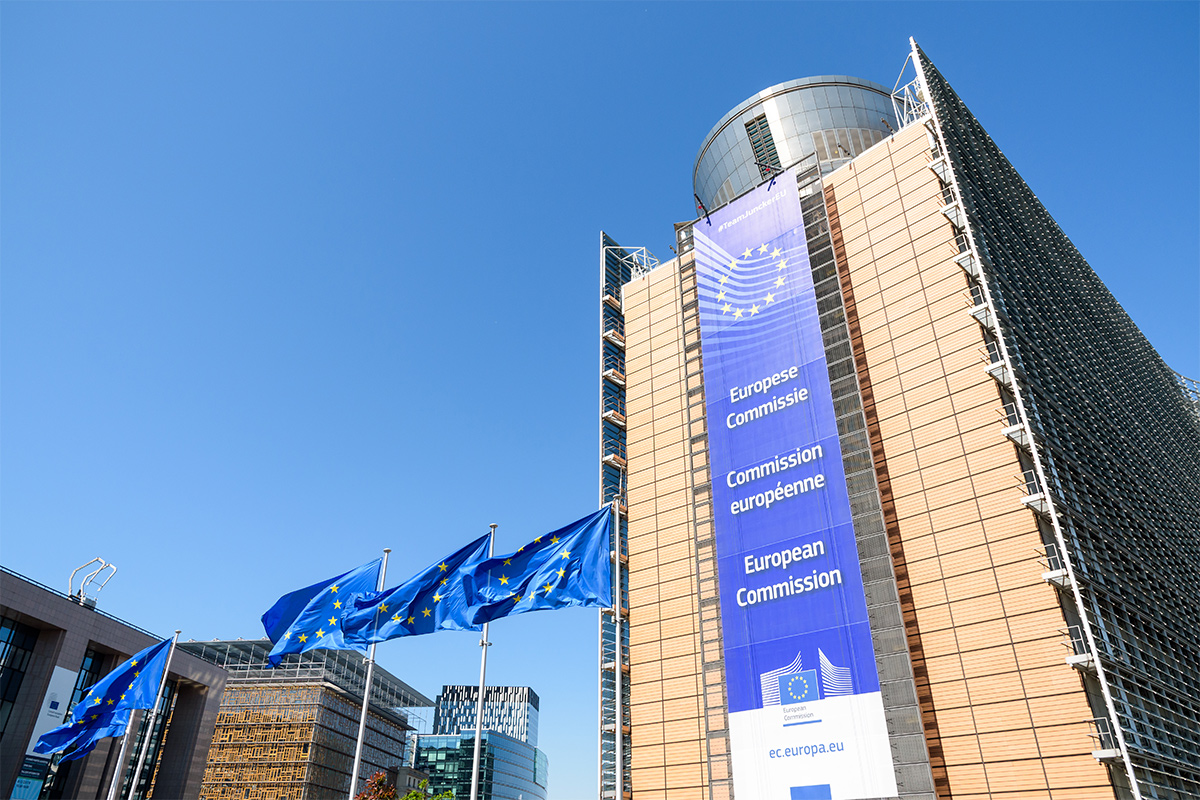CERT-In finds multiple bugs in Microsoft Edge, advises users to update
The affected software includes Microsoft Edge (Stable) versions before '124.0.2478.51'.
The Commission also wants social media sites to improve the transparency of political ads, including by properly labelling paid-for content and allowing users to see who is providing those ads.

The document wants online platforms to provide their users with accessible, effective tools and procedures to flag disinformation with the potential to cause public or individual harm. (Photo: iStock)
The European Commission has unveiled new stricter guidelines which plan to boost its Code of Practice on Disinformation with the aim of preventing digital ad companies from profiting from “fake news” or disinformation.
The Commission’s guidance unveiled on Wednesday urges online advertising platforms and actors to block accounts that share disinformation and ban those that regularly post debunked content, reports news agency.
From election fraud in the United States to disinformation and its impact during the COVID-19 pandemic concerns have intensified with some critics pointing to the role of social media and tech giants in spreading it.
Advertisement
The Commission also wants social media sites to improve the transparency of political ads, including by properly labelling paid-for content and allowing users to see who is providing those ads.
“Disinformation cannot remain a source of revenue. We need to see stronger commitments by online platforms, the entire advertising ecosystem and networks of fact-checkers,” EU industry chief Thierry Breton said in a statement.
Based on a robust monitoring framework and clear performance
indicators, signatories to this code should reduce financial incentives to disinformation, empower users to take an active role in preventing its spread, better cooperate with fact-checkers across the EU member states and languages, and provide a framework for access to data for researchers.
The guidance says that platforms and actors in the online advertising ecosystem must take responsibility and better work together to “demonetise disinformation”.
“A new stronger code is necessary as we need online platforms and other players to address the systemic risks of their services and algorithmic amplification, stop policing themselves alone and stop allowing to make money on disinformation, while fully preserving the freedom of speech,” Commission Vice President Vera Jourova said in a statement on Wednesday.
The document wants online platforms to provide their users with accessible, effective tools and procedures to flag disinformation with the potential to cause public or individual harm.
Users whose content or accounts have been subject to measures taken in response to such flagging should also have access to an appropriate and transparent mechanism to appeal and seek redress.
Google, Facebook, Twitter, Microsoft, TikTok and Mozilla are among the web and social media platforms that have so far signed on to the non-binding Code of Practice, which the Commission launched in 2018.
Advertisement